gi lymphoma in cats vin
The most common type of lymphoma- gastrointestinal lymphoma- affects the gastrointestinal tract so causes weight loss diarrhoea and vomiting. Lymphoma accounts for one third of all cancers developed by cats.
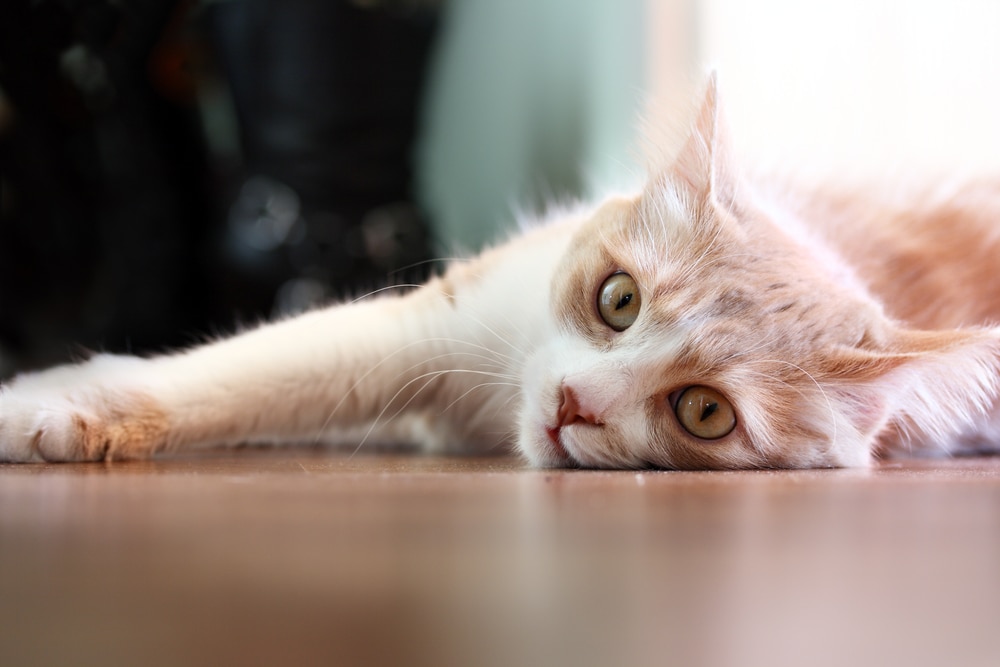
Intestinal Cancer Adenocarcinoma In Cats Petmd
Most cats are feline leukemia virus-negative and feline immunodeficiency virus-negative.

. Lymphoma is the most common feline neoplasm. Changes in drinking and urination habits can be a sign of renal lymphoma. 13 Although the GI form of the disease is most frequently encountered few reports exist that focus solely on treatment of the GI form.
This particular type of cancer is known for more frequently affecting cats with the feline infectious virus FeLV because the immune system is already compromised. Cystotomy for bladder stones in dogs and cats. Cats that have inflammatory bowel disease ibd may be at risk for development of gi lymphoma.
7 signs of feline lymphoma petcarerx lymphoma in cats veterinary partner vin lymphoma in your cat feline gastrointestinal lymphoma. Cats with food allergies may have gastrointestinal problems but itchiness and skin lesions are often the primary concern for pet owners. Lymphoma is the most common gastric tumor in the cat and may be solitary or one component of systemic involvement.
Histopathologic Types Clinical Presentation Diagnosis and Staging As more studies have examined our ability to diagnose lymphoma in cats using cytology histopathology immunohistochemistry andor PCR testing for antigen receptor rearrangement conflicting reports have. Gastrointestinal lymphoma is often referred to as either well differentiated low grade or lymphocytic poorly differentiated high grade lymphoblastic or immunoblastic and intermediate or mixed. 47 Often the treatment and outcome of GI lymphoma are included with other forms of.
How is high-grade GI lymphoma diagnosed. Physical exam findings may be normal though thickened intestines or abdominal masses may be felt. FeLV LSA is a T cell variant and occurs in younger cats 2 to 4 years.
Lymphoma is a cancer of the cells of the immune system called lymphocytes. They are usually quite ill and the symptoms can be dramatic. In any cat that has signs consistent with high-grade GI lymphoma the first diagnostic step is an abdominal ultrasound.
In that study 67 achieved complete remission with a first remission duration for all 132 cats of 49 months range 1 day-54 years and median survival time of 69 months range 05. In general cats with leukaemia or mediastinal lymphoma tend to. For example some schemes describing feline gastrointestinal lymphoma GI LSA include hepatic or splenic involvement whereas others include this pattern as multicentric.
Feline lymphoma presents in a multitude of anatomical forms with gastrointestinal GI lymphoma being the most frequent form of presentation. Most cats with gastric lymphoma are negative for feline leukemia virus. It is most common in senior cats with the average age at diagnosis ranging from 9-13 years old.
The reported incidence of FeLV antigenaemia ranges from 0-38. Bloodwork is likely to be normal in cats with gastrointestinal. Eating inedible objects is called pica.
In contrast to dogs feline lymphoma most commonly affects the gastrointestinal GI tract. Low-grade gastrointestinal lymphoma may be more common than previously thought and these cats respond better to chemotherapy agents. Lymphocytes are present throughout the body so cats can develop lymphoma in multiple organs.
When the mediastinal lymph nodes become infiltrated with lymphoma a mass is apparent in the mediastinum and a cancerous fluid fills the chest restricting breathing. Treated 132 cats with primarily GI lymphoma 72 with most cats FeLV antigen negative and clinical substage b or sick with the AMC protocol. Lymphoma is classified by the location of the disease eg.
FeLV is linked with most forms of LSA except the GI form. Clinical signs of lymphoma in the gastrointestinal tract include weight loss vomiting diarrhea and often either a decreased or increased appetite. The age of cats affected has increased over the past 10 years due to the decline in FeLV cases.
Like dogs lymphoma is a systemic disease that requires chemotherapy in. Young cats with LSA are often FeLV. Gastrointestinal lymphoma is a common cause of anorexia and weight loss in older cats with or without vomiting or diarrhea.
On the other hand when a cat has a food intolerance symptoms are generally limited to the gastrointestinal tract eg vomiting diarrhea abdominal pain and gassiness. It is also the most common form of gastrointestinal neoplasia in cats. This term describes lymphoma that affects the gastrointestinal tract.
Lymphoma is collection of cancers arising from the malignant transformation of lymphocytes and is a diverse group of neoplasms with the common origin of the lymphoreticular cells. Common sites of lymphoma in cats include. Lymphoma in cats is the gastrointestinal tract.
Most cats with GI LSA test negative for FeLV. Your cat can never be cured of lymphoma but may experience remission for up to 4 years. If your cat is diagnosed with low grade lymphoma and they are in generally good health they can typically go into remission with the use of chemotherapy or surgical revision.
Gastrointestinal tract nasal cavity mediastinal and the size of the lymphocytes large cell versus small cell. Middle-aged to older cats are mainly affected. Cats with lymphoma will show general signs of illness with a dull coat lethargy and changes in appetite being common symptoms.
Unlike the dog feline gastric adenocarcinoma is rare and the stomach is the least commonly affected gastrointestinal site in the cat. However if your cats lymphoma is advanced the outlook is not so positive. Gastrointestinal lymphoma in cats is a form of alimentary cancer which occurs in the intestinal tract of a catIt is perhaps one of the most common types of all cancer associated with cats.
Cats with high-grade GI lymphoma will suddenly develop vomiting diarrhea weight loss and lethargy. This is by far the most common type of lymphoma in cats accounting for 50-70 of feline lymphoma cases.

Vomiting With Bile In Cats Petmd
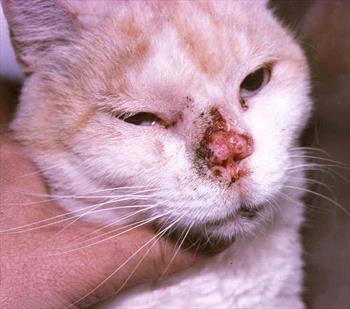
Nasal Squamous Cell Carcinoma In Cats Veterinary Partner Vin

Uncovering The Cause Of Fever In Cats Today S Veterinary Practice

Intestinal Cancer Adenocarcinoma In Cats Petmd
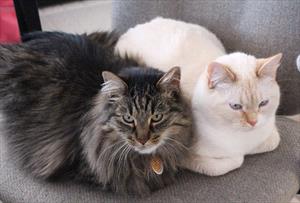
Infiltrative Bowel Disease In Cats Veterinary Partner Vin
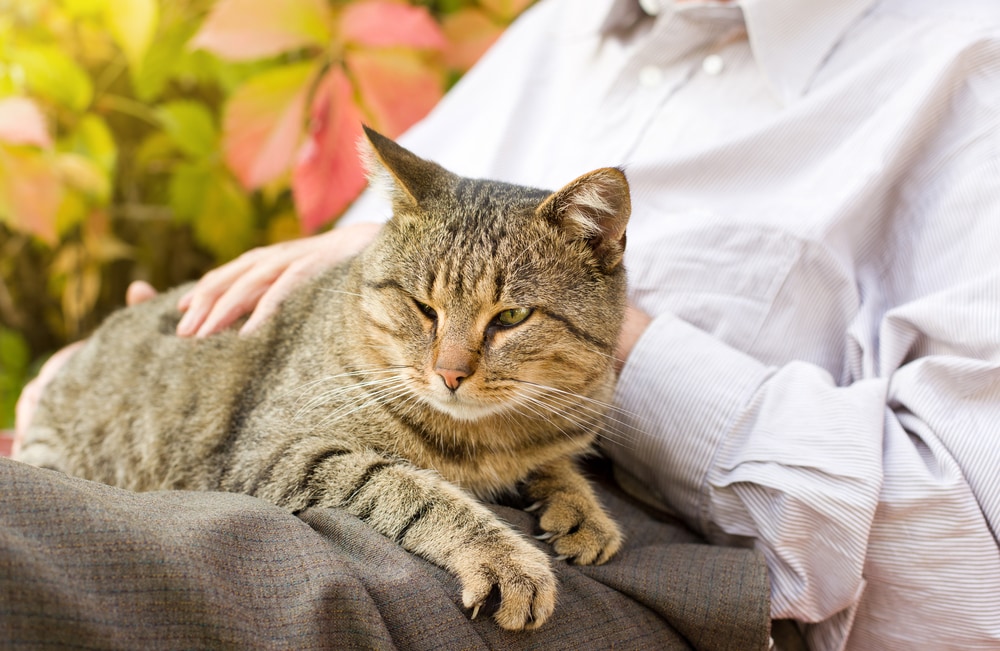
Intestinal Cancer Adenocarcinoma In Cats Petmd
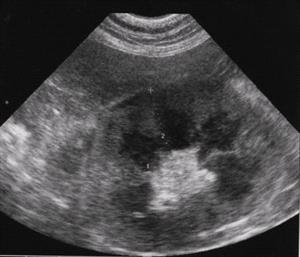
Lymphoma In Cats Veterinary Partner Vin

Hematochezia Blood In Stool In Cats
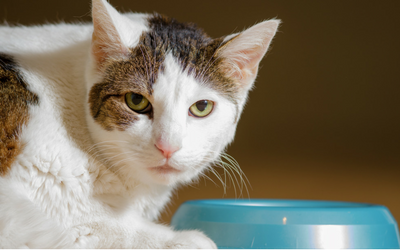
Anorexia In Cats Vca Animal Hospital

Maropitant Use In Cats Today S Veterinary Practice
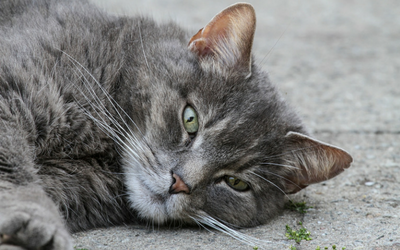
Lymphoma In The Cat Vca Animal Hospital
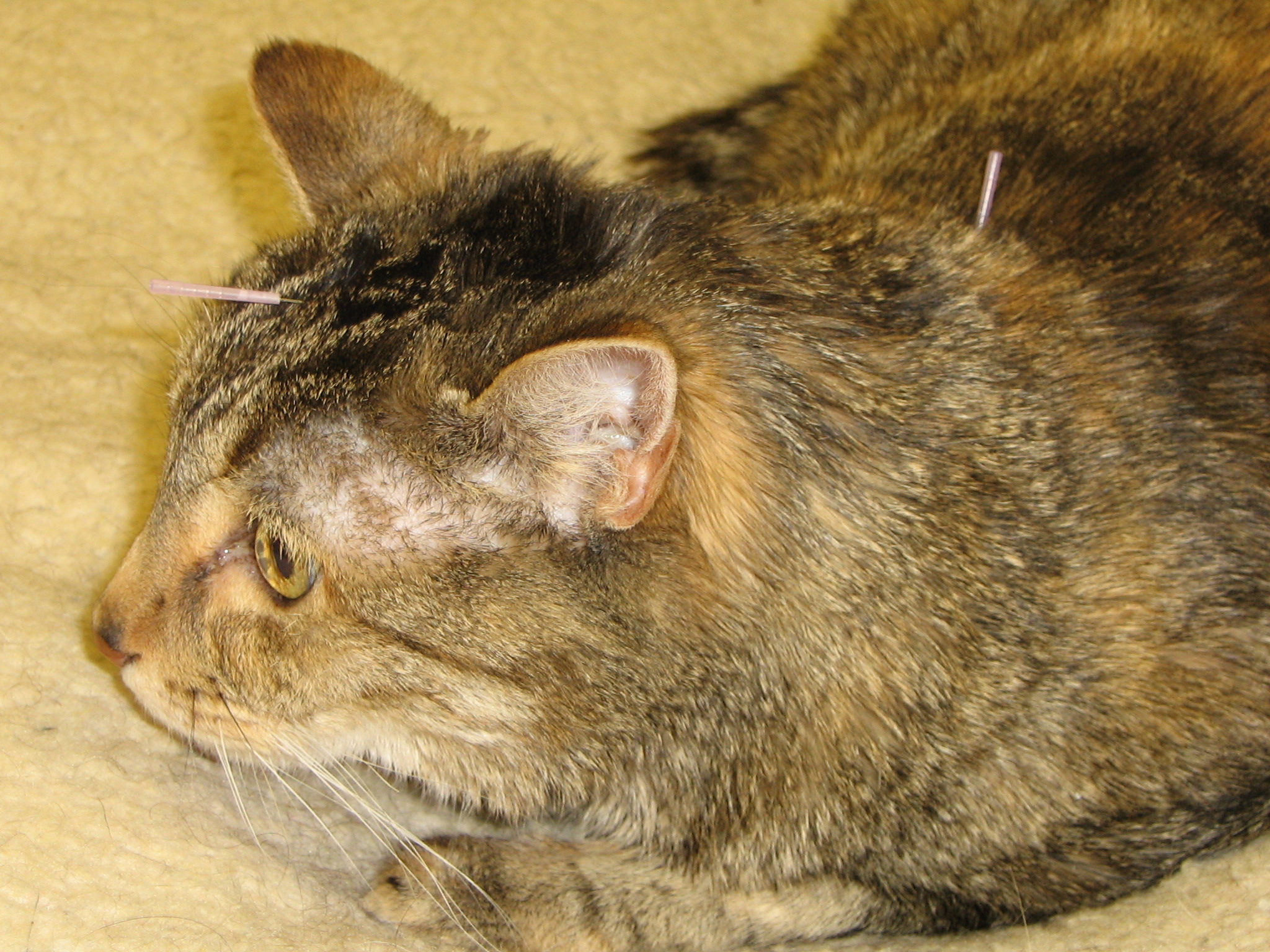
Palliative Care For Cats Vca Animal Hospital

Diseases Of The Feline Nasal Planum Vet Focus

Lymphoma In Cats Veterinary Partner Vin
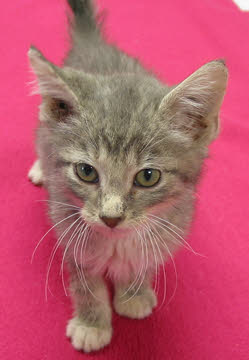
Feline Leukemia Virus Felv Veterinary Partner Vin
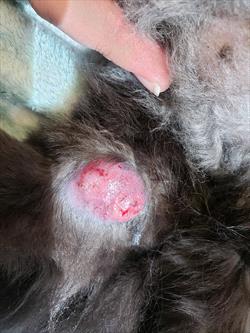
Cutaneous Lymphoma In Cats Veterinary Partner Vin
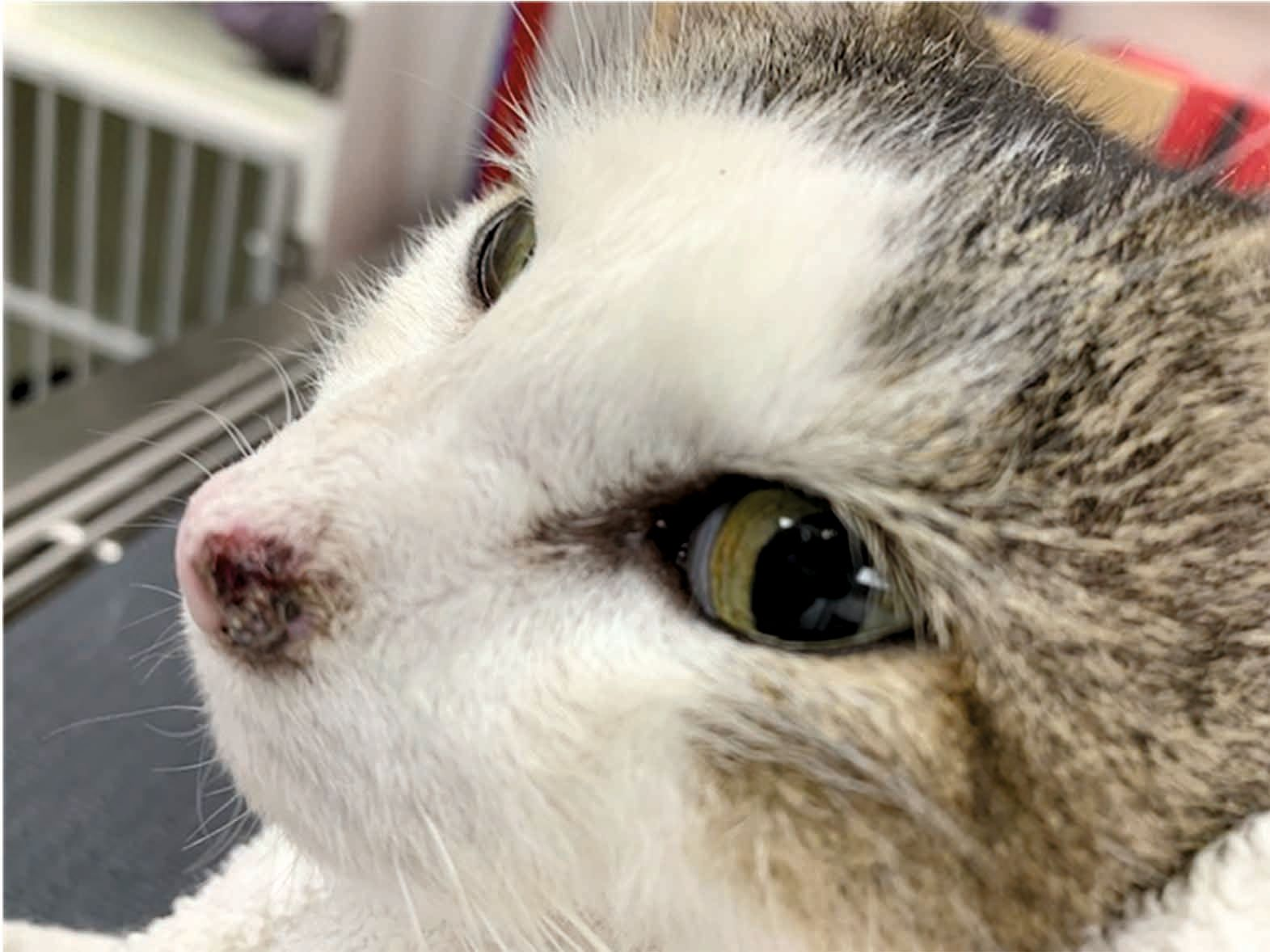
Diseases Of The Feline Nasal Planum Vet Focus

